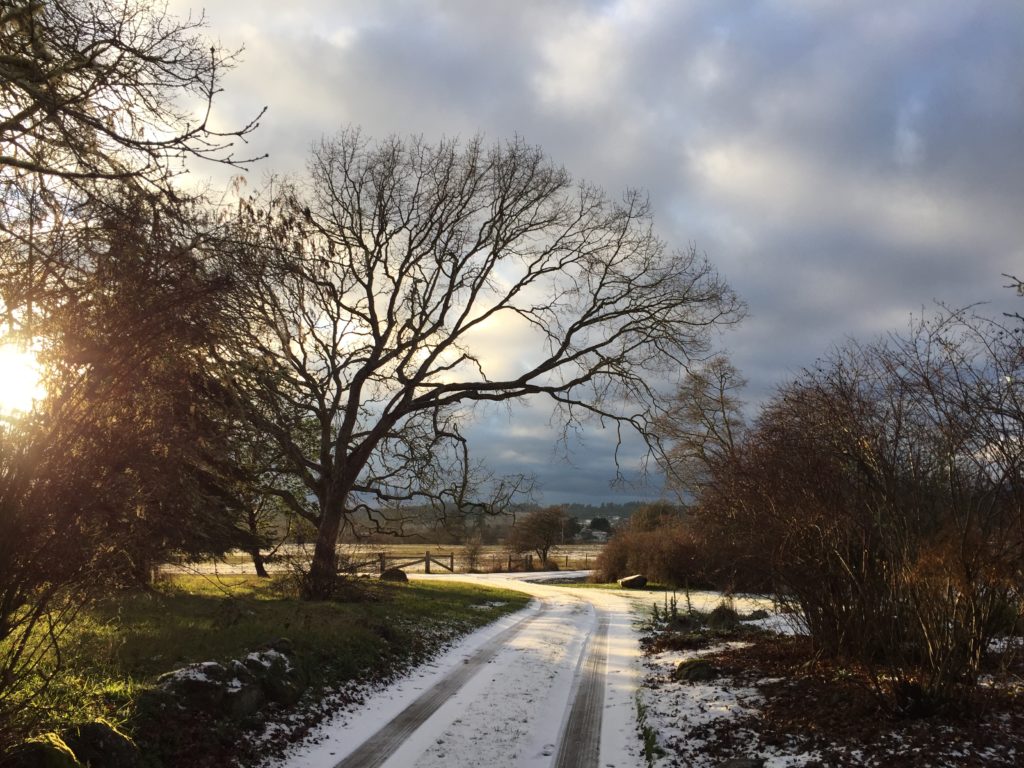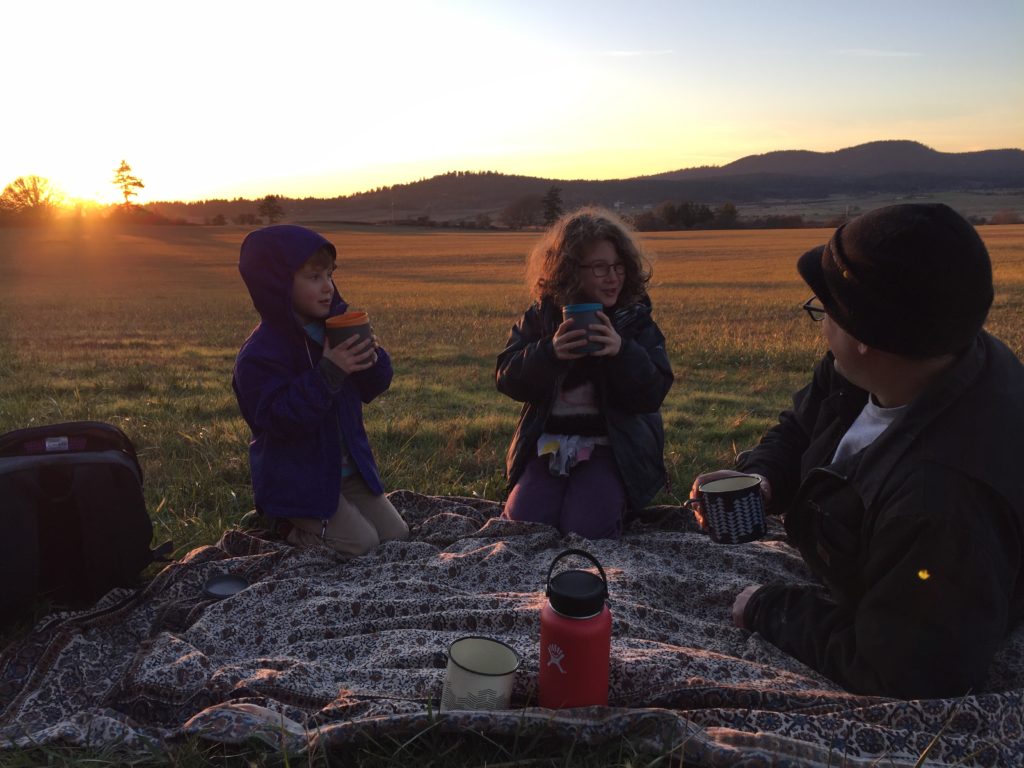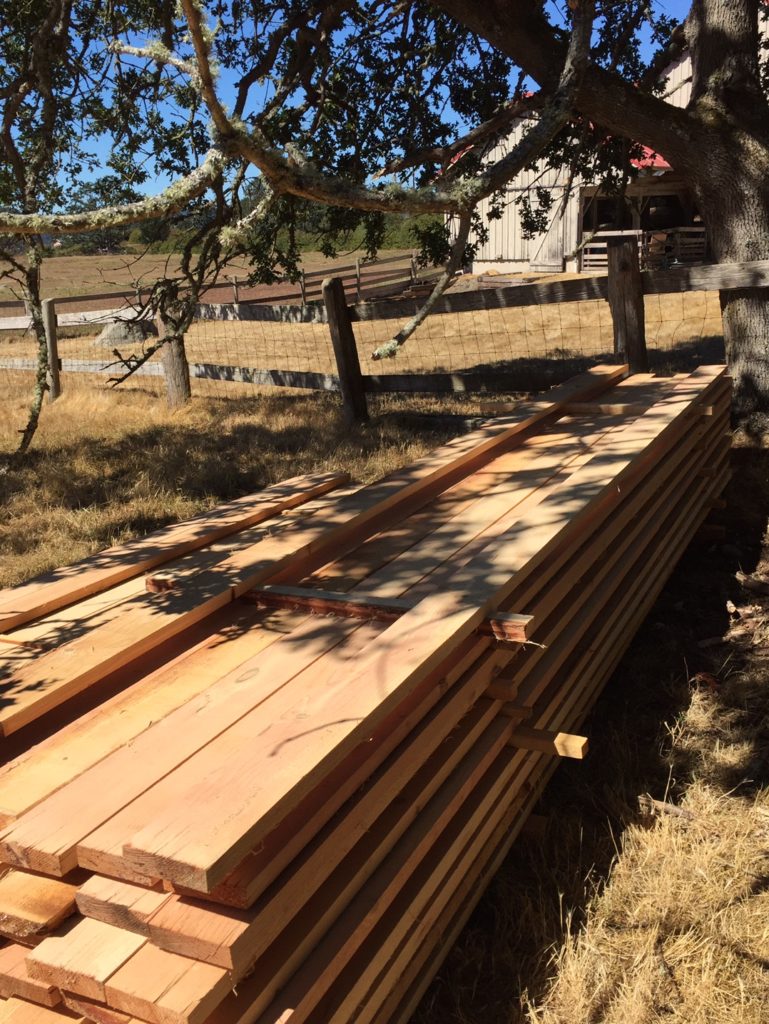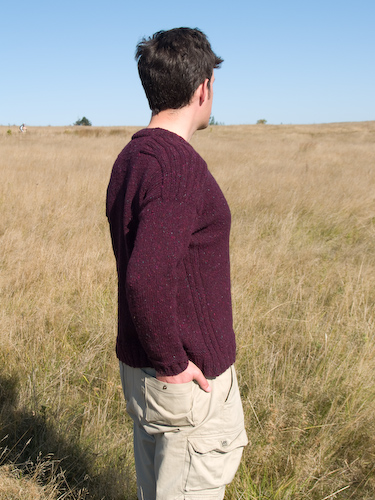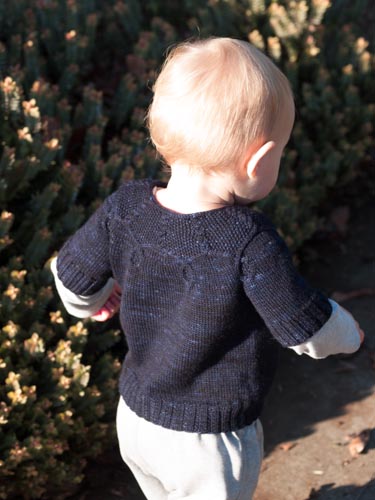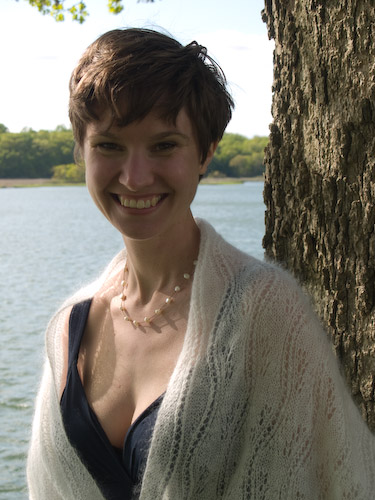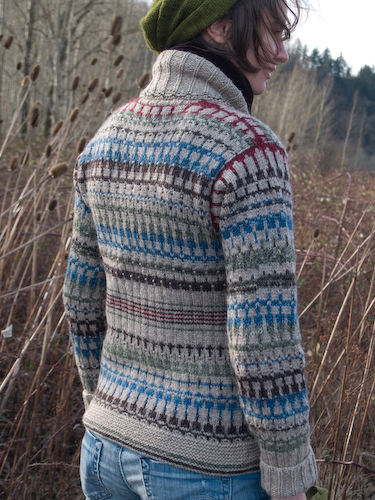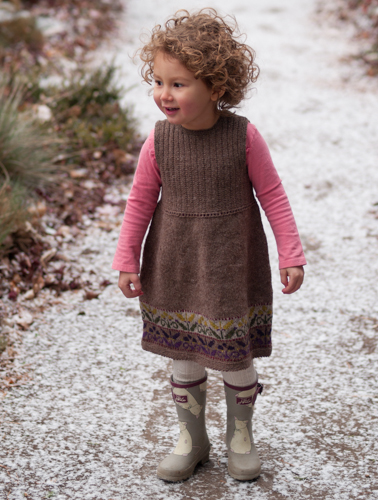And so the Shortest Day came and the year died
And everywhere down the centuries of the snow-white world
Came people singing, dancing,
To drive the dark away.
They lighted candles in the winter trees;
They hung their homes with evergreen;
They burned beseeching fires all night long
To keep the year alive.
And when the new year’s sunshine blazed awake
They shouted, revelling.
Through all the frosty ages you can hear them
Echoing behind us – listen!
All the long echoes, sing the same delight,
This Shortest Day,
As promise wakens in the sleeping land:
They carol, feast, give thanks,
And dearly love their friends,
And hope for peace.
And now so do we, here, now,
This year and every year.
— Susan Cooper
On the shortest day I loaded a backpack with four tin cups, a thermos of hot cider, a parcel of cookies dusted in sugar, and a picnic blanket. It was a surprise outing for the children, an inkling of a new tradition I’d thought of. We drove a little way north along the rim of the valley, where there’s an open field I like. I used to ride an Arab mare around the perimeter, trotting her uphill for conditioning and resting at the top to puff and look out over the quilted landscape. Our family of four—and the dog—walked along the fence that surrounds the cemetery of the little church of St. Francis and picked a spot in the high corner to spread our blanket and watch the sun sink.
During our first full season at the farm I’ve watch the sun’s arc intersect the hills beyond our valley, working steadily south along the blue knuckles of Mt. Dallas to Little Mountain and then the low hills above Kanaka Bay. This deep in the year it doesn’t even reach the island, vanishing instead behind the Olympic mountains across the straits.
We called up the most luminous points of memory from the year that’s been: adventures in Paris, singing in St. Paul’s Cathedral, bringing home the kittens, making “fifty” friends at school, our first lambs. The great magic of life on this farm—a magic well grounded in work that isn’t always fun or instantly gratifying, mind you, but rewarding all the same.
Now we’re closing the year in a slog through boxing up all our remaining clutter in Portland. I am not quick to find cathartic joy in this chore; part of me would like to light a huge bonfire in the driveway and have done, but alas, city codes and sentiment over the possessions of my ancestors prevent me.
Wishing you a clean sheet, a new leaf, a freshening wind as we welcome 2018!
